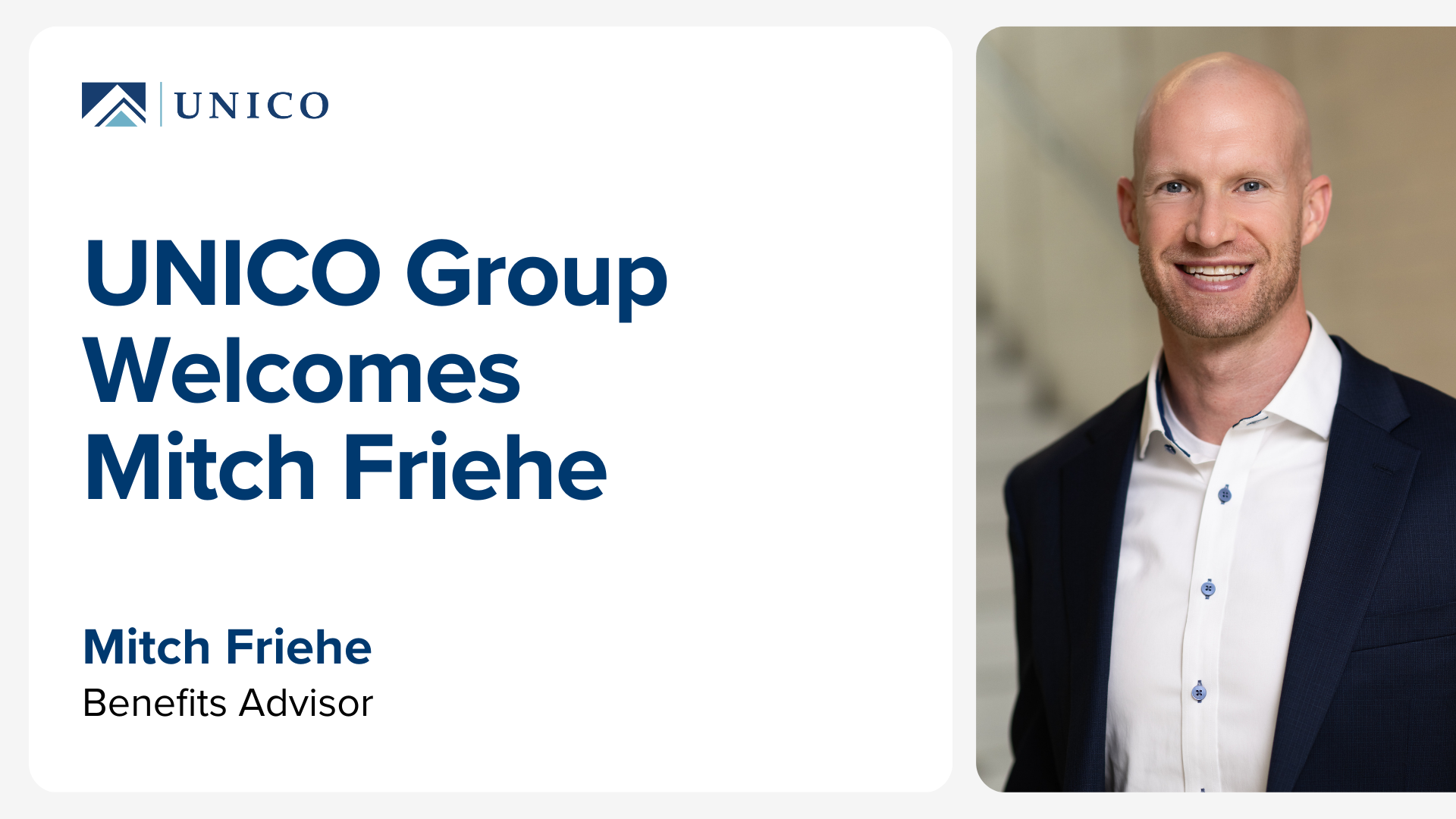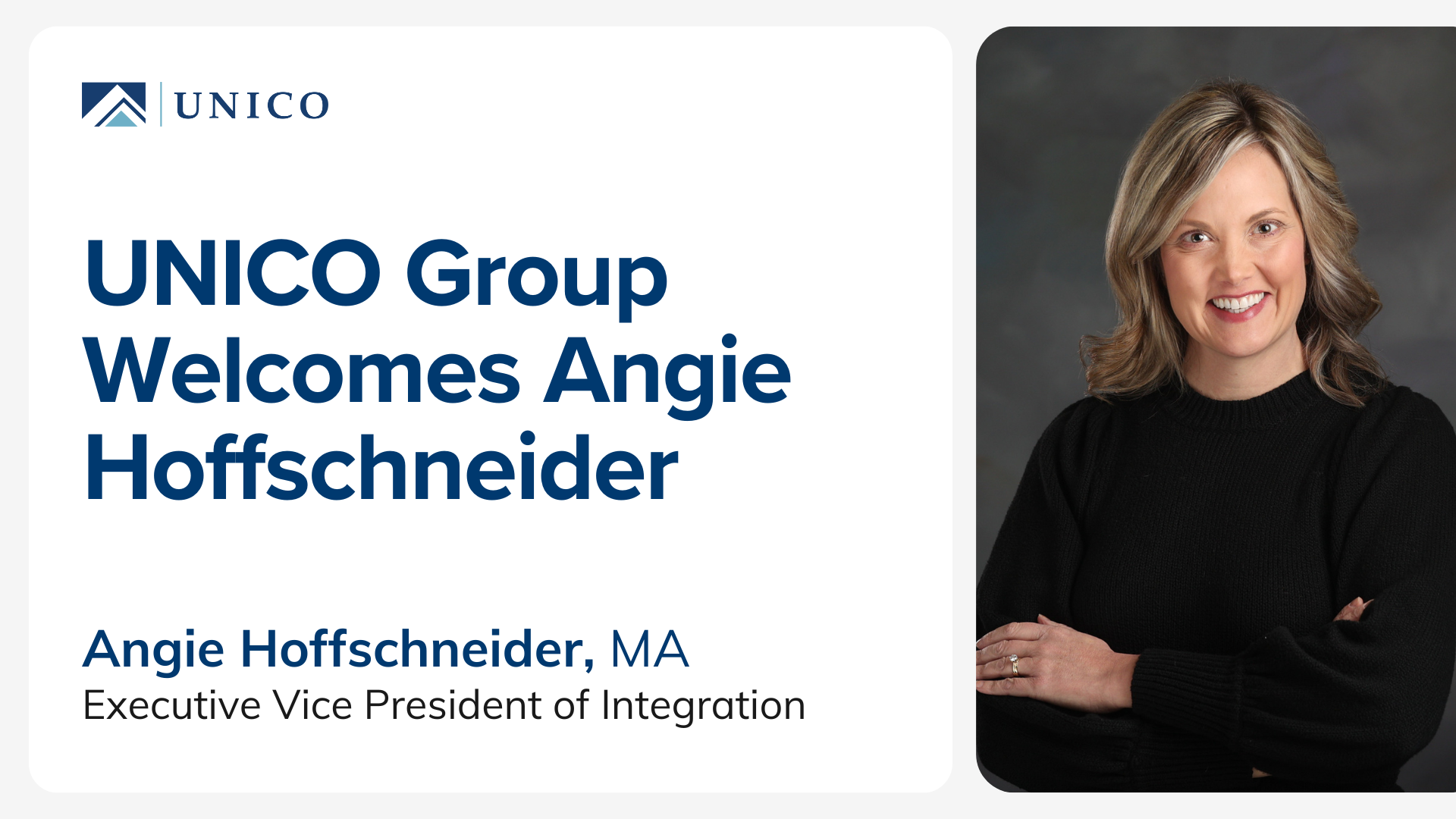Firms that have employees travel outside of the United States have exposures to sources of loss that do not exist in the U.S. and Canada, i.e., political risks, endemic diseases, terrorism and uprisings. Here are some exposures that are often overlooked
1. Accident, Sickness And Health
It is possible for a person traveling abroad to become sick or injured in an accident. Should either of these events occur, there is a possibility that a U.S. medical insurer would not cover the incident. There is also the possibility that the foreign medical facility will not accept U.S. health insurance. Work with an international underwriter to determine what is required by local laws. Review existing health and medical coverage to determine how the policy will treat foreign claims. When in doubt, contact the HMO or insurance company to determine how coverage may apply. While the insured’s carrier may reimburse the insured for the claim, the foreign medical facility may not accept the patient’s American coverage card. Payment may have to be made either in cash, through a charge card or some other means. Countries with socialized medicine have separate rules for payment of medical treatment for foreign nationals visiting their countries. In some countries, medical facilities may be inadequate. Appropriate expatriation measures should be discussed with the company and employees. Again, a competent international underwriter who understands the country where your customer will be doing business can help identify coverage concerns and offer solutions.
Coverage for accident and sickness in foreign countries can be purchased. This insurance should cover on a 24-hour basis. If the business person’s family is traveling with him or her, the coverage should apply to all of the family members who are traveling to the foreign country.
Dread diseases that are unheard of in the U.S. are common in some countries. Malaria, tuberculosis, hepatitis, cholera and endemic (local) diseases can be specifically insured on some of the accident and sickness policies. The state department and the U.S. Embassy in the foreign country can provide information on local conditions. Inoculations, immunizations and other precautions may need to be taken before U.S. nationals travel to countries with broader disease exposures.
Unlike the U.S., in other parts of the world it is very easy to travel from one country to another. Many European countries are the size of states. One needs to be aware of all of the countries where the U.S. national will visit on business or travel to on the weekend. Companies may want to forbid travel to certain countries where there will be no guarantee of coverage.
The firm that is beginning to do business overseas and is sending a sales representative or an engineer or similar person to a foreign country should consider purchasing accident and sickness insurance that includes coverage for dread diseases. Make sure that the policy’s covered territories include all of the possible countries that this person might travel to or through (train, aircraft, and boat). When the firm expands into foreign business to the point that it has an employee permanently residing in a foreign country, the firm will purchase the equivalent of full-time medical insurance and a local form of workers compensation insurance. For many countries, workers compensation is offered only through the government. Socialized medicine and workers compensation may be available through a direct payroll tax. Companies with foreign offices and/or permanent foreign employees may need to work with international business specialists to make sure the company complies with all laws. Companies may wish to consider employing international accounting firms or other advisors to help with the transition.
A U.S. citizen who becomes sick or who is injured while outside the U.S. might find that his/her HMO does not provide any coverage in a foreign country. Business firms that are experienced in foreign commerce say that some of the HMOs cover only accidental injury in a foreign country. In other words, there would be no coverage for medical expenses resulting from sickness. There are times when the foreign medical provider will not accept an assignment of benefits from a U.S.-based HMO. One may also learn that many U.S. HMOs will not cover repatriation expenses–the cost of transporting a sick or deceased person back to the United States. As there is more than one policy for this coverage, reviewing the policy wording will enable the agent and customer to make an informed decision regarding the necessary coverage. Typically, these policies are for short terms and cover anywhere in the world. Be sure that the coverage purchased includes coverage for returning a sick person to the U.S. Covering the cost of returning a deceased person should also be included.
2. Workers Compensation
Workers Compensation (WC) coverage can be used to respond to two different situations:
1. U.S. employees who are temporarily assign to foreign locales
2. Permanent, foreign employees on the payroll of U.S. firms.
Firms that send an employee to a convention or exposition when the employee will be home in less than three months can handle WC coverage by adding a foreign coverage endorsement to the U.S. workers compensation contract. While there is no national NCCI Workers Compensation endorsement to cover U.S. workers while working temporarily in foreign countries, a few states like Wisconsin (WC 48 0603) Foreign Coverage Endorsement) do have limited foreign coverage. Often this coverage only applies to U.S. or Canadian workers who are deployed outside these two countries for no more than 90 days at a time. Most endorsements will provide workers compensation benefits based upon those that apply in the state where the employee normally works. The endorsements often provide some coverage beyond normal workers compensation benefits.
Losses due to disease and any endemic disease are regularly covered. Cholera, malaria, polio, hepatitis and tuberculosis are prevalent in many countries. Foreign endorsements do not include coverage for employees who are hired in other countries. Insurance carriers with international arms may have their own endorsements to cover this temporary exposure. Read the foreign endorsement carefully and work with the insured to clarify when coverage for employees ends.
Voluntary workers compensation should be included in the coverage. It is possible for an employee to be entitled to benefits of a country’s workers compensation that are better than what the U.S. provides. Coverage for the increased benefits is often addressed by the voluntary workers compensation clause of the foreign endorsement.
Excess repatriation expenses cover the cost to return an injured worker to the U.S. for treatment in this country. Chartered planes and helicopters to remove employees from remote areas can be expensive.
Employers’ employee coverage is provided for any claim brought outside the U.S. and Canada.
Coverage is needed for non-working hours. A way of covering this exposure is with a sickness and accident policy.
For permanent foreign exposures, the usual procedure is to buy workers compensation from or for the country where the worker will be permanently stationed.
Note: Losses in the foreign country will not affect the firm’s U.S. workers compensation experience rating formula.
Employers’ liability coverage may need to be endorsed so that it applies on a worldwide basis.
The U.S. firm’s difference in conditions coverage should include workers compensation. As workers compensation benefits will vary from one country to another, an injured worker might not be protected in the same manner as is normal in the U.S. DIC coverage over standard workers compensation will ensure that adequate coverage is in force in all situations.
Coverage for the U.S. citizen hired in the U.S. but working in a foreign country can be provided. Workers Compensation Voluntary Compensation. This endorsement will provide the benefits from the employee’s home state to the injured worker. There is no coverage for endemic diseases or repatriation expense.
An endemic disease is one that is peculiar to a particular country. Repatriation expense is the expense above normal transportation expense to transport an injured, sick or deceased employee back to the United States.
There is no standard “Voluntary Workers Compensation Endorsement.” A number of insurers have a foreign voluntary workers compensation endorsement that is essentially the NCCI’s voluntary workers compensation endorsement, WC 00 03 11, with repatriation and endemic disease coverage added. Some insurers have a specific limit applying to repatriation expenses while others do not have any specific limit applying to it. It is recommended to, whenever possible, not have any limit applying to repatriation expense coverage.
3. Automobile
Vehicular travel in a foreign country is a virtual certainty. Whether traveling by bus, taxi, leased car or owned car, insurance coverage is subject to local insurance contracts and local law. Auto insurance in any foreign country may not be as broad as is commonly expected in the U.S. The laws in a given country may severely restrict coverage. For example, the country’s laws may say that a taxicab owes no coverage to a passenger riding in the vehicle.
In Mid East countries, there is no coverage if the vehicle is being operated by an intoxicated driver (since drinking is prohibited by some religious beliefs). There may also be no coverage if the wrong person is operating the vehicle. In countries such as Korea, there is no coverage for passengers riding in a car. Liability exposures range from $5,000 in Korea to unlimited in the United Kingdom. Foreign auto insurance may not provide coverage that are automatically insured by any U.S. auto policy. German laws regarding punishment of impaired driving are strict, with even first offenses often resulting in loss of driving privileges (license revocation). French law requires proof of coverage be posted conspicuously on a vehicle (usually a windshield sticker) and such proof of insurance must be carried even on vehicles that are not in used (such as stored autos).
Because it is likely that auto coverage in a given foreign country may offer less coverage than generally accepted by auto provisions in the U.S., foreign non-owned auto coverage can be purchased. The foreign non-owned auto coverage will not respond if the coverage in the country where the accident occurs responds adequately to the loss. In the event that the insurance from the foreign country does an inadequate job, the foreign non-owned auto coverage will respond to the loss, applying the expected insurance contract provisions and limits. The foreign no-owned auto insurance will respond as though the loss occurred in the U.S., applying U.S. laws and the contract itself to the loss. However, such contracts will, regardless of wording, typically conform and comply with the law of the accident locale.
Foreign non-owned auto insurance lends a degree of certainty to the coverage provided for an auto accident in a foreign country. This coverage is also sometimes referred to as Difference in Conditions coverage (DIC) for automobiles.
A U.S. citizen traveling abroad and renting a car will need to purchase the insurance coverage that are available through the car rental agency. While this should be enough insurance to comply with the local regulatory agencies, it may not provide the coverage that the person is accustomed to having. Some credit cards may provide physical damage coverage on the rental unit.
Typically, an insured will buy excess auto coverage on either a stand-alone basis or as part of the firm’s Difference In Conditions coverage. As the primary insurance is through the rental firm, the excess insurer and the primary insurer are most likely to be two different insurance companies. This is a normal situation whenever an insured is operating a non-owned auto and is typical for both U.S. and international non-owned auto loss exposures.
Mexican law still requires that anyone who drives in Mexico must purchase insurance from a Mexico domiciled insurance carrier.
4. Kidnapping, Ransom And Extortion
Kidnapping, ransom and extortion may have a higher probability of happening in some foreign countries. Listed here are some exposures that a firm must make sure are addressed under its kidnap, ransom and extortion contract:
Worldwide Territory. With the amount air travel that is now commonplace and the fact that aerial routes pass over many countries, no country should be excluded. Whenever possible, the policy’s coverage territory should be worldwide. Territorial wording should be examined to see if hot spots are excluded.
Note: One very important consideration is whether coverage applies if a kidnapping occurs in a covered location, but the victim is then taken to an excluded location.
Family Members. In an actual Wisconsin case, the head of a firm received a phone call stating, “I have your wife and children. For $500,000 you can have them back.” Members of a covered employee’s family should be included in the coverage.
Kidnapping should be one of the insured perils.
Alleged kidnapping may also be covered.
Property extortion coverage should be considered. Property extortion involves the threat of property being damaged unless money is paid.
Detention. Holding or retaining people is detention. It is a fine line to differentiate between kidnapping and detention, but it needs to be determined if the form includes this source of loss.
Tampering. Altering or adding things into goods to make them unsafe is tampering. Whether it is for threatened, alleged, actual or accidental contamination, a policy should offer protection for such acts. Items that are common targets of tampering include cosmetics, tobacco, medicines, beverages and food.
5. Liability Insurance
Liability insurance for foreign operations is available. Because the coverage may be substantially different from U.S. general liability forms, be sure to review forms to determine whether a suit can brought in a foreign country or whether a claim must be made in the U.S. Most U.S. forms require that all lawsuits must be made and adjudicated in the United States. Insurers with international capabilities may be able to provide claims-made coverage in most countries.
It is important to consider that liability policies purchased for or in foreign countries may be claims-made or have a different coverage trigger than the occurrence form that is common in the U.S. Make sure that umbrella and/or excess policies properly dovetail with foreign coverages. Make sure that underlying limits requirements are met for all exposures to loss.
The following are some reasons for purchasing liability coverage for foreign countries exposures:
• An employee of the U.S. company could be detained or put in jail if a claim in that country goes unpaid.
• Access to a foreign market might be denied because of an outstanding, unpaid liability claim. This could result in losing money, time and future earnings. Inventories might be seized to pay for the claim.
• A foreign affiliate might need to pay for the loss due to the U.S. affiliate not paying for the claim. Should a foreign affiliate or customer be required to pay the loss owed by its U.S. partner, it could destroy their business relationship.
It is also possible that a U.S. firm would need to respond to a suit or award made in a foreign country. Under bilateral agreements, multinational agreements or similar laws, a foreign judgment can be enforced in the U.S. While the particular wording of these agreements may vary, their intention is very similar. A U.S. court will enforce a judgment made in another jurisdiction. General liability policies used in the U.S. and Canada usually do not cover suits that are not made in the U.S. or Canada.
Foreign liability coverage is priced with consideration of the various legal environments that exist. Another advantage to the foreign liability coverage is that the local adjusters will be familiar with the applicable language and laws. Dont’ hesitate to contact UNICO Group to learn more about this exposure.



